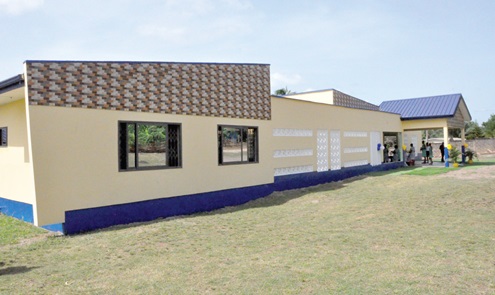What To Do If Your Child Always Bedwetting While Sleeping

Child Bedwetting, also known as nocturnal enuresis, is a common condition that affects many children during their early years. While it can be frustrating for both parents and child, it is essential to understand that bedwetting is a normal part of development and is usually outgrown with time.
However, there are practical steps parents can take to support their child and help them achieve nighttime dryness. In this comprehensive article, we will explore strategies and tips to tackle bedwetting and assist your child in overcoming this temporary phase.
1. Create a Supportive Environment:
It is crucial to create a caring and supportive environment for your child. Child bedwetting can be embarrassing and may affect their self-esteem. Reassure your child that it is a common issue and that you are there to help them overcome it. Offer encouragement and praise for their efforts and progress.
2. Rule Out Underlying Medical Conditions:
In some cases, child bedwetting may be related to underlying medical conditions, such as urinary tract infections or hormonal imbalances according to Healthine and MedicalNewsToday. If you are concerned, consult a pediatrician, who can rule out any potential medical causes and provide appropriate guidance.
3. Limit Fluid Intake Before Bedtime:
Encourage your child to drink plenty of fluids during the day, but it is advisable to limit their intake in the evening, particularly within the hour or two before bedtime. This can help reduce the volume of urine produced during the night according to WebMD to avoid bedwetting.
4. Establish a Bedtime Routine:
Maintain a consistent bedtime routine, including regular bedtimes and consistent pre-bedtime activities. Establishing a routine helps signal to the body that it is time to relax and prepare for sleep. Incorporate a bathroom trip just before bed to empty the bladder.
5. Use Protective Bedding:
Invest in waterproof mattress protectors or bed pads to preserve the mattress and make clean-up easier in case of accidents. This allows your child to sleep comfortably without the added stress of potential messes.
6. Offer Encouragement for Nighttime Toileting:
Encourage your child to use the bathroom before going to bed, even if they don’t feel the urge to urinate. Wake them up once during the night to empty their bladder. Over time, this can help retrain the brain to recognize the need to awaken when the bladder is full.
7. Bedwetting Alarms:
Consider using a bedwetting alarm system, which alerts the child when they start to urinate. These alarms use moisture sensors and are designed to awaken the child so they can finish urinating in the toilet. Over time, the child’s brain learns to associate bladder fullness with waking up and using the bathroom.
8. Encourage Positive Morning Routines:
Implement a positive morning routine that includes your child taking responsibility for changing their own pajamas and helping with changing the bed linens if an accident occurs. This teaches accountability and gives them a sense of ownership in managing the situation.
9. Seek Professional Help if Needed:
If Child bedwetting persists and causes significant distress for your child after trying the above strategies, it may be beneficial to consult a pediatrician or pediatric urologist. They can provide additional guidance, evaluate any underlying causes, and offer further treatment options if necessary.
Send Stories | Social Media | Disclaimer
Send Stories and Articles for publication to [email protected]
We Are Active On Social Media
WhatsApp Channel: JOIN HERE
2024 BECE and WASSCE Channel - JOIN HERE
Facebook: JOIN HERE
Telegram: JOIN HERE
Twitter: FOLLOW US HERE
Instagram: FOLLOW US HERE
Disclaimer:
The information contained in this post on Ghana Education News is for general information purposes only. While we endeavour to keep the information up to date and correct, we make no representations or warranties of any kind, express or implied, about the completeness, accuracy, reliability, suitability or availability with respect to the website or the information, products, services, or related graphics contained on the post for any purpose.



 How to Apply to Any University in Ghana with D7 in WASSCE
How to Apply to Any University in Ghana with D7 in WASSCE  9 Challenges Shattering the Foundation of Ghana’s Education System
9 Challenges Shattering the Foundation of Ghana’s Education System  Old students build health centre for Awudome SHS
Old students build health centre for Awudome SHS  Ministry of Education Postpones Reopening Date of Basic Schools By One Week
Ministry of Education Postpones Reopening Date of Basic Schools By One Week